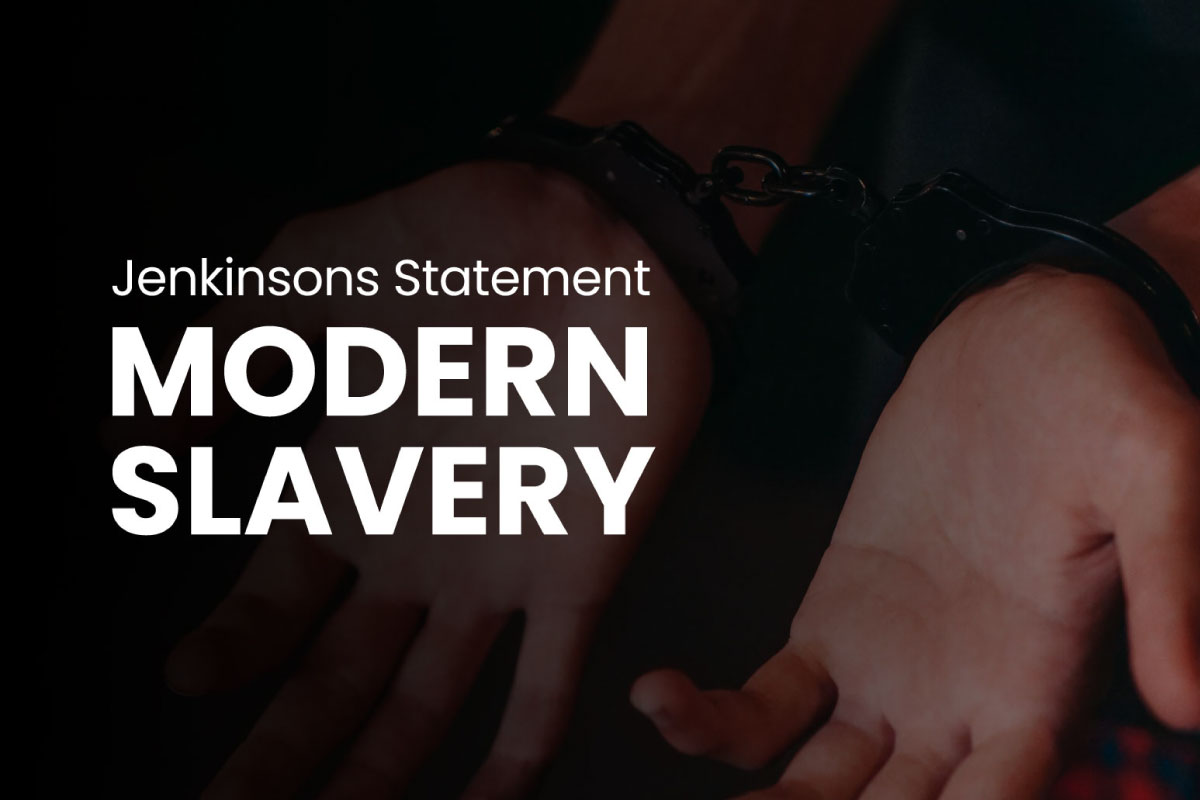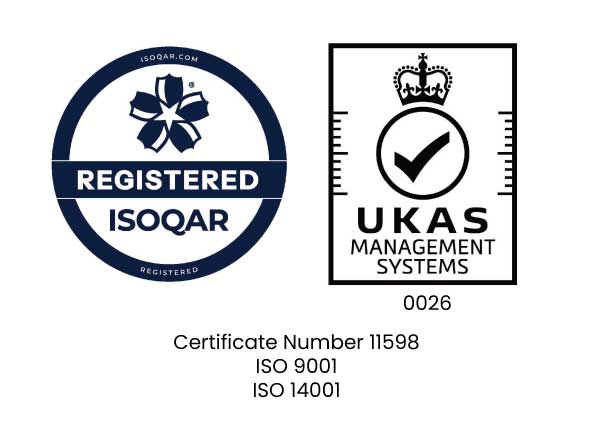Modern Slavery Statement
•Introduction
Although Jenkinsons’ turnover is below the statutory threshold for a public modern slavery statement, we are committed to minimising modern slavery risks in our business.
This statement details the steps Jenkinsons has taken to prevent modern slavery in our operations and supply chain, in accordance with the Modern Slavery Act 2015.
• Our Business
Jenkinsons are a privately owned business, specialising in supplying business supplies and office furniture throughout the UK.
We manage and coordinate all aspects of our business activities from one centralised office and fulfilment hub, situated at Kitling Road, Knowsley Business Park, Prescot, Merseyside, L34 9JR.
• Our Supply Chain
We are a dealer and not a manufacturer, and our supply currently consists of a consolidated portfolio of 40 UK based suppliers covering a wide range of products and services.
• Our Policies
We have implemented the following policies to address modern slavery risks and prevention:
Modern Slavery & Human Trafficking Policy: Details our commitment to preventing modern slavery, including risk management and reporting procedures.
Supplier Code of Conduct: Outlines our core values and expectations for suppliers’ behaviour and compliance.
Recruitment Policy: Defines our recruitment processes, including Right to Work checks and potential employee’s eligibility to work in the UK.
Reporting Concerns Policy: Encourages employees to report concerns about modern slavery or unethical practices, with confidentiality assured where legally possible.
• Risk of Modern Slavery
The part of our supply chain with the highest risk of modern slavery is the sourcing of raw materials such as wood, metals, and textiles.
Although we do not source raw materials directly, we have implemented several due diligence procedures to mitigate the risk of modern slavery.
• Due Diligence Procedures
We undertake comprehensive due diligence to minimise the risk of modern slavery in our supply chain.
This consists of robust onboarding checks prior to deciding to contract with a supplier, including checks such as product types, origin of parts, labour practices, working conditions and employment contracts.
Suppliers must also adhere to our ‘Supplier Code of Conduct,’ which explicitly prohibits modern slavery and are contractually obliged to comply with all applicable laws and regulations in relation to the Modern Slavery Act 2015.
• Staff Training and Capacity Building
All employees involved in supply chain management and related roles must complete training on identifying and assessing the risks of slavery and human trafficking within various business aspects.
This training covers recognising the signs of slavery and trafficking and provides clear instructions on how to report any suspected activities.
• Key performance indicators to measure progress in tackling modern slavery
We set KPIs to measure our progress in tackling modern slavery. These include:
– Supplier Compliance Rate: Track that all suppliers are compliant with our code of conduct versus the total number of suppliers.
– Number of supplier audits and inspections conducted in a given period.
– Training Completion Rate: Track percentage of employees and suppliers who have completed anti-slavery training.
– Incident Reporting Rate: Number of modern slavery or human trafficking concerns reported.
• Board Approval
Our strategy to manage modern slavery is subject to regular oversight and scrutiny by our board of directors.
This statement was approved 2nd April 2025 by:

Martin Baker: Managing Director





